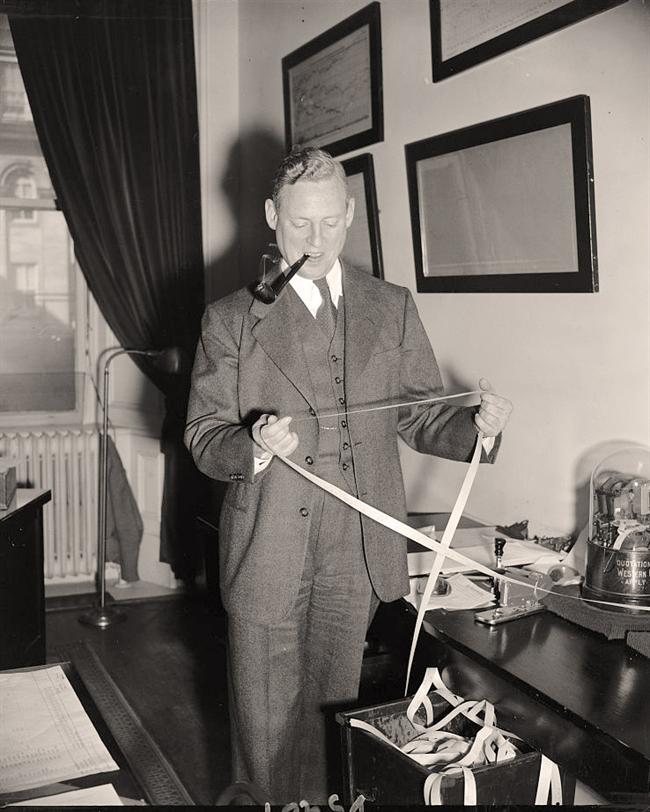The Internet of Things makes too much sense to not happen, but there have to be some sort of universal operating standards before machines can communicate coherently with each other and us, before our health and homes can be quantified and the connectivity of computers can be duplicated in all objects. It will result in challenges (e.g., everything will be a target of hackers) but also real benefits. From a post by Quentin Hardy at the New York Times’ “Bits” blog:
“Attention: Internet of Things. For better or worse, big boys are in the room.
A consortium of industrial giants, including AT&T, Cisco, General Electric, IBM and Intel said on Thursday that they would cooperate to create engineering standards to connect objects, sensors and large computing systems in some of the world’s largest industrial assets, like oil refineries, factories or harbors. The White House and other United States governmental entities were also involved in the creation of the group, which is expected to enroll other large American and foreign businesses.
‘I don’t think anything this big has been tried before’ in terms of sweeping industrial cooperation, said William Ruh, vice president of G.E.’s global software center. ‘This is how we will make machines, people and data work together.’
There are connections among all sorts of industrial assets, like sensors on turbines or soda machines that tell suppliers when they are running low on cola.
The means by which this ‘Internet of Things’ uses power and sends data around has been somewhat haphazard.
The group, called the Industrial Internet Consortium, hopes to establish common ways that machines share information and move data.”
Tags: Quentin Hardy, William Ruh

